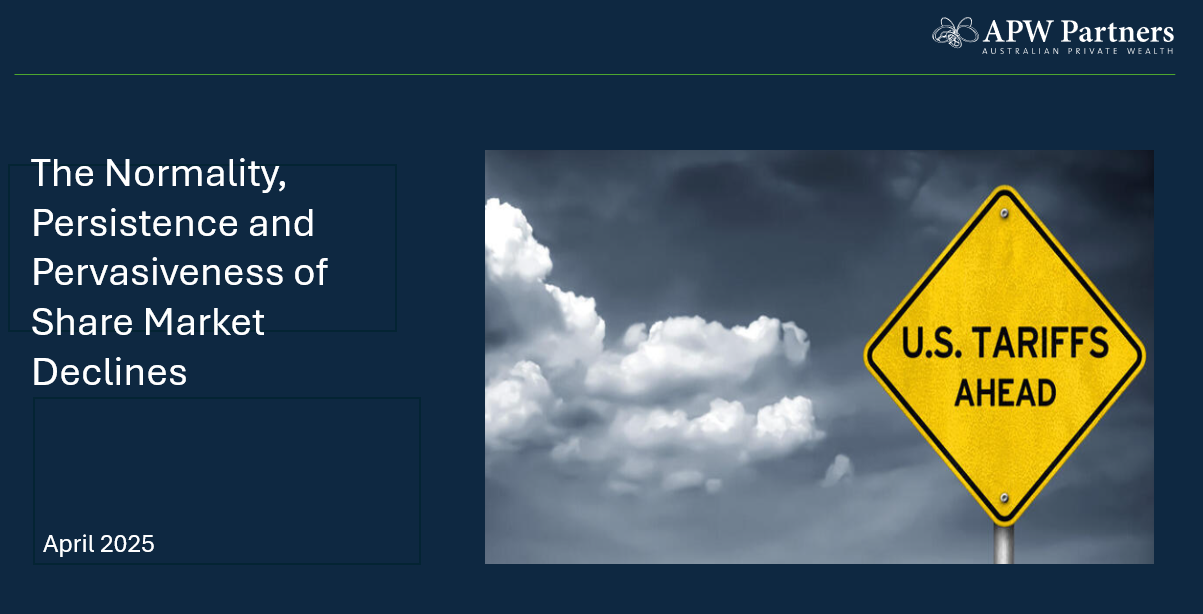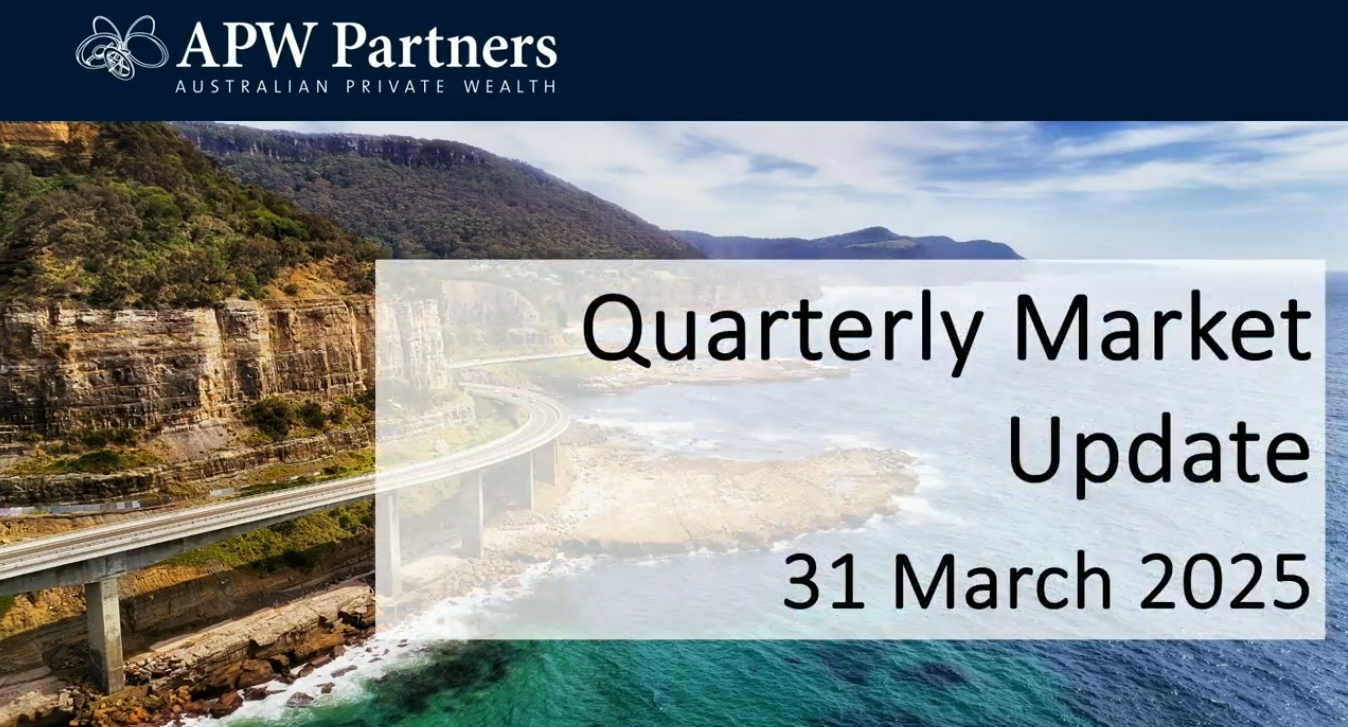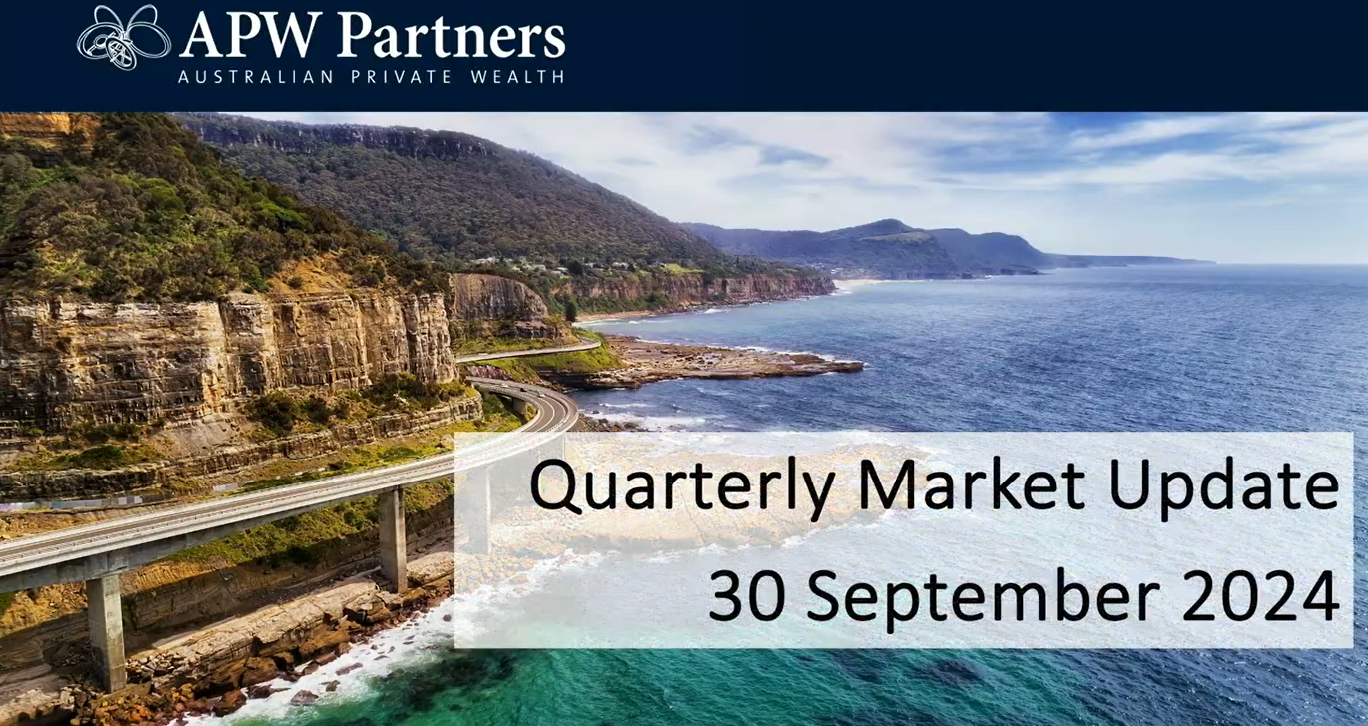Hindsight is 2020 – The Unpredictability of Markets

2019 was an eventful year for investors, which illustrates a vital long term lesson; the unpredictability of investment markets, the perils of short term speculation and the critical need for diversification.
Many began the year with a healthy dose of scepticism in an environment of concerns for a global economic slowdown, weak consumer confidence, the abolishment of negative gearing / franking credits, and fears for the ultimate impact of rising domestic and global interest rates – just to name a few.
As of the end of December, the Australian share market (S&P/ASX 300 Total Return Index) was up +23.77% for the year, the best
Calendar year performance since 2009 whilst the US share market (S&P 500 Total Return Index) generated +31.49% in local currency terms (USD).
Interest rates failed to match forecasts with the Reserve Bank of Australia (RBA) Board noting earlier in the year “that the next move in the cash rate was more likely to be an increase than a decrease”. Many economists tipped the official cash rate to increase or remain steady during 2019. Instead, the RBA cut the cash rate three times to a record low of 0.75%.
It was a similar story in the US, with the Federal Reserve expected to raise rates, but instead lowering them, also three times. In this period of low interest rates and future rate uncertainty, long-term global bonds returned +7.23% for the year, against the prevailing bank deposit rates of less than +2%.

Just as short term price movements can be highly unpredictable – so too can the relative performance of returns from country to country, year to year.
Consider the following table (reporting to 31/10/19) which highlights how global equity markets ranked in their performance through 2018 – 2019.
Among the 23 developed market countries, only one market achieved a Top 5 ranking for both 2018 and 2019 – the US.
Looking at the #1 ranked market for 2018 (Finland), of note – it ranked 22nd in 2019. At the other end of the spectrum, Italy posted a bottom 5 ranking in 2018 followed by #4 for 2019. Among the global emerging markets, Greece swung from a -30% decline in 2018 to a +40% advance in 2019.

Importantly, long term empirical research continues to demonstrate that there is no compelling or reliable way to forecast future market movements.
2019 is a classic example of how mainstream prognostications or hindsight could not have predicted the outcomes.
Rather than basing investment decisions on predictions of which way markets are headed, a wiser strategy is to focus on what we can control and adopt a systematic, evidenced-based framework for making investment decisions.
Investors who were broadly diversified across individual securities, asset classes and global markets and currencies were in a great position to enjoy the returns that the markets delivered in 2019.
Authors: Calvin Nee and Dermot Reiter
Disclaimer: This material is provided for information only. No account has been taken of the objectives, financial situation, or needs of any particular person. Accordingly, to the extent this material constitutes general financial product advice, investors should, before acting on the advice, consider the appropriateness of the advice, having regard to the investor’s objectives, financial situation, and needs.


